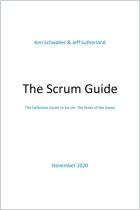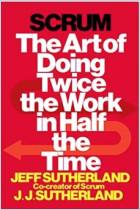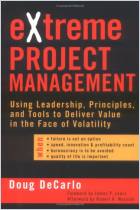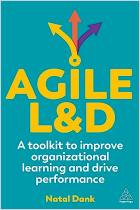Mark C. Layton lays out the basic principles of the “scrum” approach to project management. He provides a fast-paced introduction to “sprint planning,” “daily scrum,” “sprint reviews” and tools for agile project delivery. Layton depicts how scrum creates value beyond software development by giving varied industry examples, from civil engineering in India to electronic health records in the United States. The structured “Dummies” format works well for newcomers and features enlightening sidebar tips, technical backgrounders and pivotal points. getAbstract finds that Layton’s manual will serve novice project managers, with or without traditional training, as well as anyone else who wants to implement transparent, flexible and agile project management.
The “Scrum”
Scrum is a simple framework for managing projects in an efficient, agile way. The term comes from rugby, in which team players hold one another by the shoulders – arms interlocking and heads down – and push in a semicircle against the rival team in the same formation to shift the ball into the field of play.
Expect the same agility from members of your project team in the workplace, where colleagues of different capacities and backgrounds interact to achieve a shared objective. The scrum approach offers a format for completing pragmatic, bite-size chunks to achieve objectives in less time while spending less money. You can use the scrum framework in any context, be it developing new software, constructing a bridge or organizing electronic health care records.
Scrum Values
“Five values” guide your work on all scrum projects:
- “Commitment” – Set realistic goals and commit your team to them. When an agenda item has top priority, work on it in a “sprint” for a set amount of time.
- “Focus” – Clarify roles and responsibilities early in the project.
- “Openness” – Create oversize...





















Comment on this summary or Iniciar a Discussão